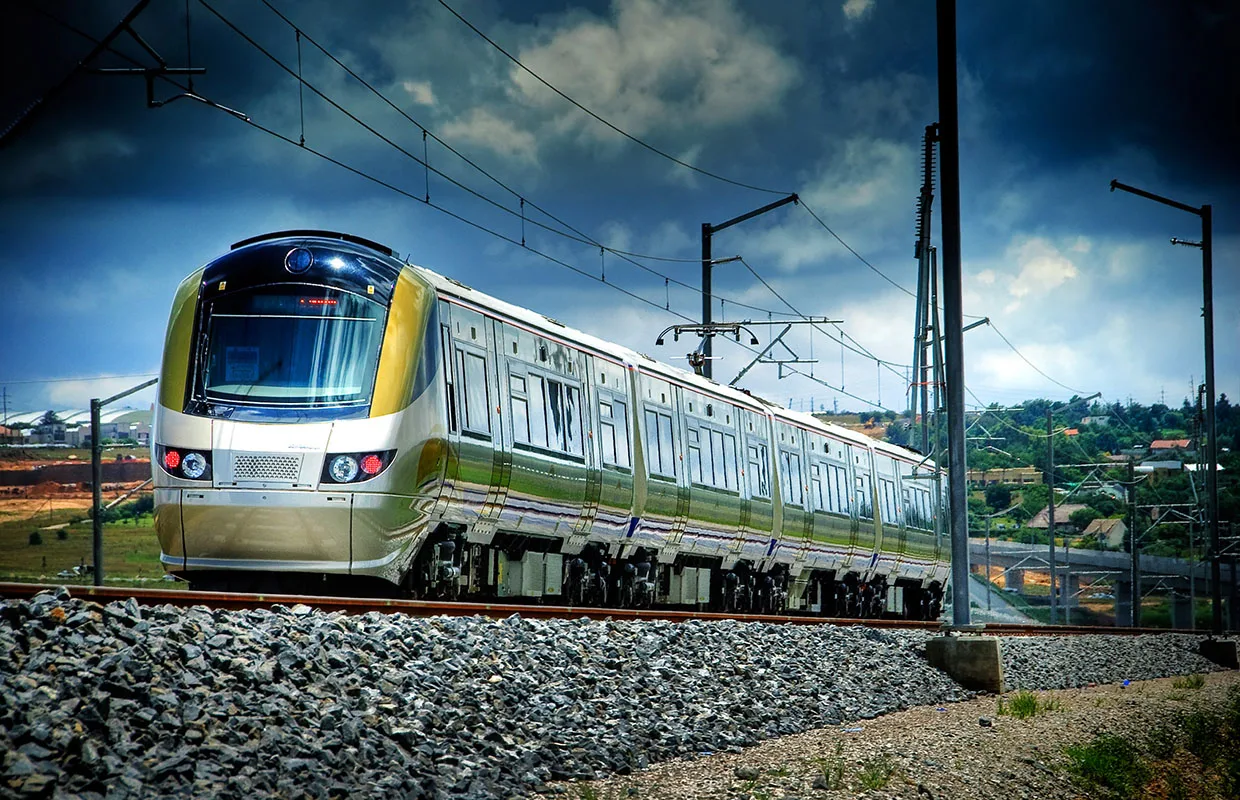Following his recent appointment as Group CEO of leading multidisciplinary engineering consulting and professional services firm GIBB, we gain valuable insights from Vishaal Lutchman on numerous topics concerning the construction industry in South Africa, including sustainability, transport, socioeconomic growth, purposeful leadership, and more.
COMPLEX PROJECTS IN A COMPLEX ENVIRONMENT
Appointed as Group CEO in February 2025, Vishaal Lutchman firmly believes GIBB has the potential to make a significant impact in South Africa (SA).
The company has been operating since 1956, a near seven-decade legacy that Lutchman is eager to leverage, grow, adapt, and make a greater impact.
Offering design, planning, and management services across the entire engineering consultancy spectrum, GIBB has proven capabilities in delivering complex projects along various verticals, including transport, energy, water, oil and gas, and mining.
Lutchman was attracted to GIBB by a shared vision and set of beliefs, one being that SA is a difficult geography to work in with enormous potential to serve its people sustainably, a vision he holds true and is inculcating in the company’s talented team of diverse professionals.
GIBB recognises and appreciates the potential Africa offers and, accordingly, has an in-depth understanding of the challenges of developing infrastructure on the continent.
“SA is fraught with high levels of corruption, violent crime, and very difficult, almost unsustainable socioeconomic circumstances. My personal narrative was that somebody has to stick around to fix it, and that was exactly what the board thought when we had the first interview,” he recalls.
Another shared belief between Lutchman and the board is that GIBB is here to make a difference with teams connected to the communities it serves.
The warm company culture was also a happy coincidence that reaffirmed his decision to join GIBB and resonates with his purpose.
“Our culture is one of the things that differentiates us. We are not a listed firm, so we’re not dictated by shareholders but by our pipeline, backlog, geography, and the opportunities we wish to chase and invest in,” outlines Lutchman.
“We are able to chart our own destiny in many respects. The culture of the organisation is clearly South African, so we are very much home-based.”
Whereas many listed competitors bid for opportunities far away and use an opportunistic fly-in, fly-out approach, the company stays physically close to the client entities it serves on an ongoing basis.
“Our relationships run deep and take time to create and maintain whilst gaining a deep understanding of our clients’ mandates and their stakeholders and constituencies.”
Moreover, GIBB runs a very lean operation that is not top-heavy or bureaucratic, with limited overheads including a hybrid working model that enables it to easily upscale and downscale teams in the relevant jurisdictions.
“It also gives flexibility in the work-life balance space. When we do engagement surveys, many of our employees tell us they really like to work for GIBB because of that flexibility,” Lutchman reveals.

SUSTAINABILITY PILLARS
GIBB is conscious of the areas in which it operates and continues to seek ways to offer sustainable solutions on its projects.
For Lutchman, sustainability is difficult to define because it’s very context-specific and there are a few pillars that matter to the concept, including financial, social, and environmental sustainability.
“What is becoming the fourth pillar is cultural sustainability – in other words, at what expense do we expand and grow our economies and what damage are we doing to the culture of the communities that we serve? This is particularly relevant in SA because we are a very diverse, multicultural society with a racially divided past that seems to stay embedded in the four pillars,” he insights.
“The four pillars work in tandem; each is not a standalone pillar that defines sustainability. They gave rise to the 17 UN Sustainable Development Goals (SDGs) that we currently have, and we as a country are subscribers to them.”
According to Lutchman, the cultural, financial, and social sustainability pillars are the most important to SA as it contends with worsening socioeconomic issues, such as poverty and unemployment.
With a Gini coefficient of 0.63, it is considered to have the highest level of income inequality in the world.
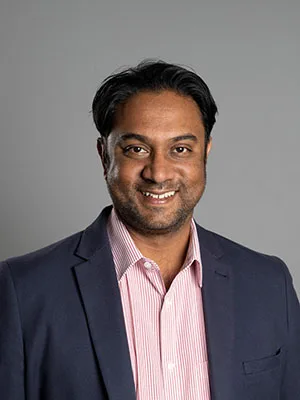
“There is a lot of opportunity in SA, but malfeasance and ineffective leadership across the board is hindering social maturity and the ability to address the rate of socioeconomic decline,” Lutchman informs us.
“Our leaders don’t believe all citizens are deserving of equal rights, so they behave in an opportunistic way encouraging elitism and populism to play out.
“Populist politics is hurting our economy substantially; behind that is elitism, which tends to have malfeasance motivated by individual greed.
“We’re still grappling with issues related to the colonial projects of the past and don’t have the resilience that First World economies have, so the socioeconomic narrative is that many things will stay the same for a long time to come,” he notes.
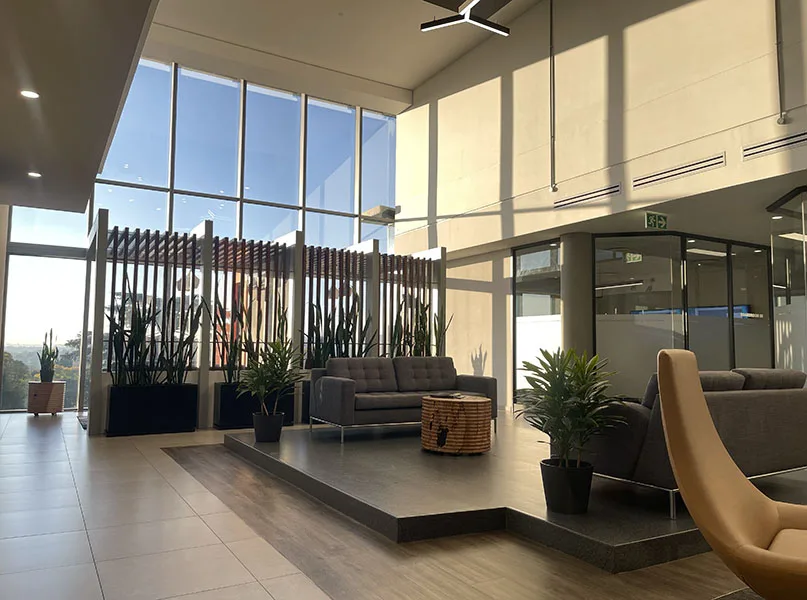
ENVIRONMENTAL CONUNDRUM
Much of the infrastructure in the developing world, such as coal-fired power stations, also stems from the colonisation of Africa and extraction of resources from the continent.
“We have a phenomenon that dictates one will not fund infrastructure related to coal going forwards, but we sit here with infrastructure that was not provided by the African people, so there’s a pushback narrative on that,” Lutchman affirms.
“The power stations were not built by us, but by First World geographies who now do an about turn to say these solutions are nolonger appropriate but continue to provide goods and services whilst their principles state the contrary. We appreciate climate change, but these same developed economies may have created the problem in the first place and continue to do so whilst holding Africa back from development or developing on
their terms.”
Lutchman is concerned that the environmental narrative is not pure as it seems to be driven by the financial gains of large technology providers outside the continent.
“SA exports 80 million tonnes of coal.Why not tackle these issues related to environmental decay instead of picking on an easy target? Why doesn’t the West take a stance on the real targets in terms of industrialisation and not prejudice Africa, which is not industrialised, by saying it’s the cause of the problem?” he asks.
As a result, Lutchman says there are “elements of colonialism in the current structuring of the economy” and that Africa is stuck for power.
“We’re being forced to buy technology from abroad because the narrative is they’ve got the answers to everyone’s problems. When will this narrative on such emerging or developing economies stop? It’s getting fatiguing and tiring.”
The company’s current focus is on renewables, investing in above-ground projects such as solar plants, wind power, and battery energy storage.

COLLECTIVE GROWTH
GIBB is a member of the Black Business Council in the Built Environment (BBCBE), which works to shape legislation and engage with government bodies to create a supportive environment for the Black community in the building and construction sector.
Apartheid, a system of institutionalised racial segregation, was enforced in SA from 1948 until early 1990. In this context, Lutchman supports the BBCBE’s attempts to defragment the country and collectively grow the economy.
“How do we transition political freedom into economic freedom so we have more inclusivity, with the majority of Black people in SA being included in the formal economy?” questions Lutchman.
“What they’re saying is we need each other. Many of the non-Black firms have the technology, capability, and skills that GIBB has. How do we use this as a collective and get the leaders of this country to listen to people that actually have knowledge?”
With global geopolitical volatilities such as US President Donald Trump’s tariff regime, which Lutchman tells us has hurt the African economy, the BBCBE is advocating for African people to start looking after themselves.
“Shouldn’t we start growing our own development narrative and creating our own technology and solutions as a collective so we are less exposed to these volatilities? That’s the narrative.”
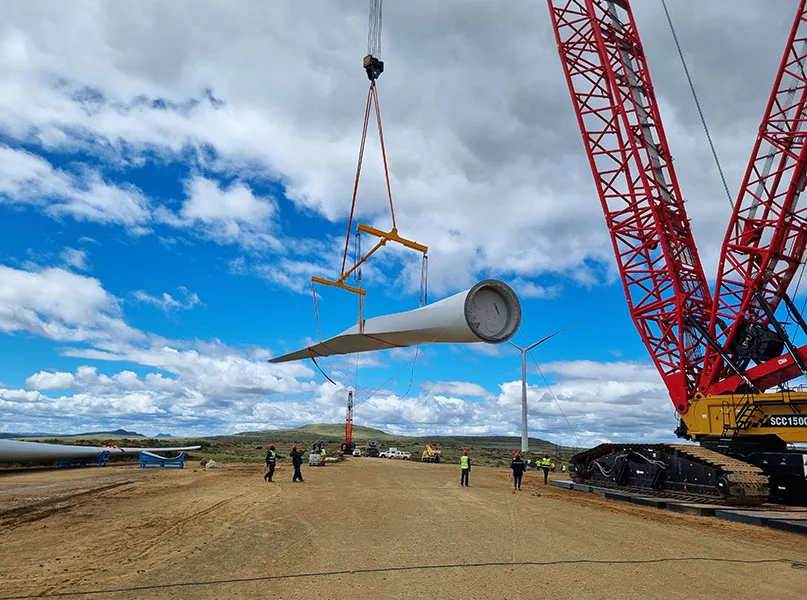
DISCONNECTED TRANSPORT
Transportation is another issue that Lutchman is keen to speak about, as many African economies are resource-based.
These resources are processed in developing economies and exported via rail corridors, mostly to First World countries.
However, the transport networks in emerging African economies are very disconnected.
“Shipping and rail freight is mature, but passenger and air movement are lacking substantially, so it’s fragmented. That makes industrialisation and value-adding activities difficult to perform; in many cases, whilst the cost of labour is low, no secondary or tertiary-level activities are being performed,” observes Lutchman.
“There are a few emerging economies such as Kenya where financial services and IT, for example, are growing nicely. SA is one of the most mature economies, and West African countries like Nigeria and Ivory Coast have oil-based economies, so that’s funding some of the infrastructure there, but to a large extent we remain disconnected as a continent from a transport point of view.”
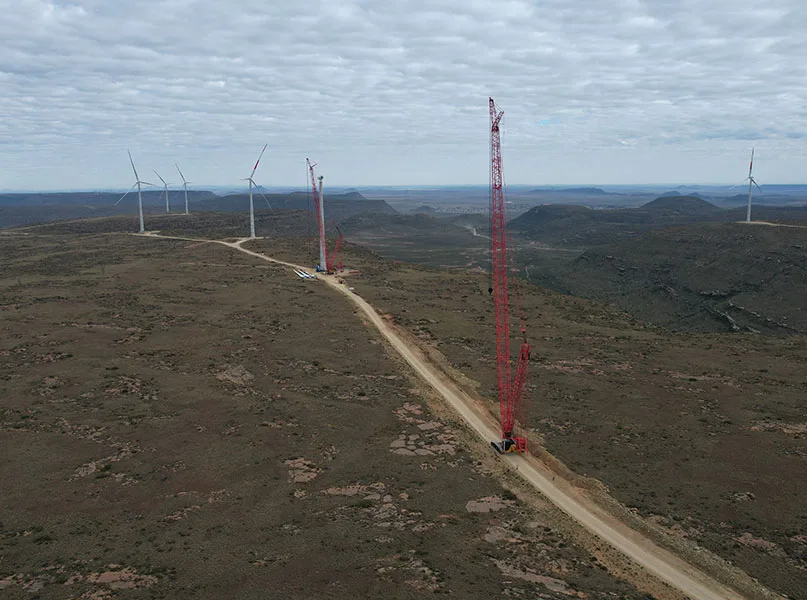
INSPIRING THE YOUTH
In June, Lutchman spoke at the DEVAC Youth Summit, a triannual event that offers inspiration and guidance to SA’s young generation across a diverse spectrum of industries, including construction and building.
Designed to arm these aspiring individuals with the knowledge, skills, and resources essential for successful careers, the summit congregates top-tier industry professionals and experts to provide invaluable advice and mentorship.
Through engaging panel discussions, hands-on workshops, and interactive activities, the event equips youngsters with the requisite tools to thrive in their chosen fields.
“The DEVAC Youth Summit was my personal opportunity to give back to young people that need to frame their world views going forward,” Lutchman shares.
“There’s an element of hopelessness playing out in young minds in terms of where the future lies. I was speaking to university students studying in certain disciplines about what’s next; the country doesn’t exactly have a pipeline to absorb all of the students coming out of universities.”
Lutchman spoke about self-awareness, growing skill sets, and the opportunities and changes coming to the world of work for the youth.
“Interestingly, when I study youth attributes, I find they have a greater sense of community care than politicians do. They are wanting to look after the communities – that’s an absolute of African youth,” he acknowledges.
Another attribute of the younger generation is they take to digital technology, such as artificial intelligence (AI), a lot faster.
“How do you leverage AI to create new work opportunities and ideas? AI has reduced barriers to entry, which is now enabling the youth to think very differently about the world of work.”
Lutchman is also a fellow of the South African Institution of Civil Engineering (SAICE), the industry body for civil engineering professionals in SA.
He dedicates time to the SAICE Ethics Committee, which supports and engages the industry with free, Continuing Professional Development (CPD)-accredited webinars on the concept of ethics.
“We have these webinars with the intention of creating a more ethical society of civil engineers that practise in the country. That’s the aim of the committee.”
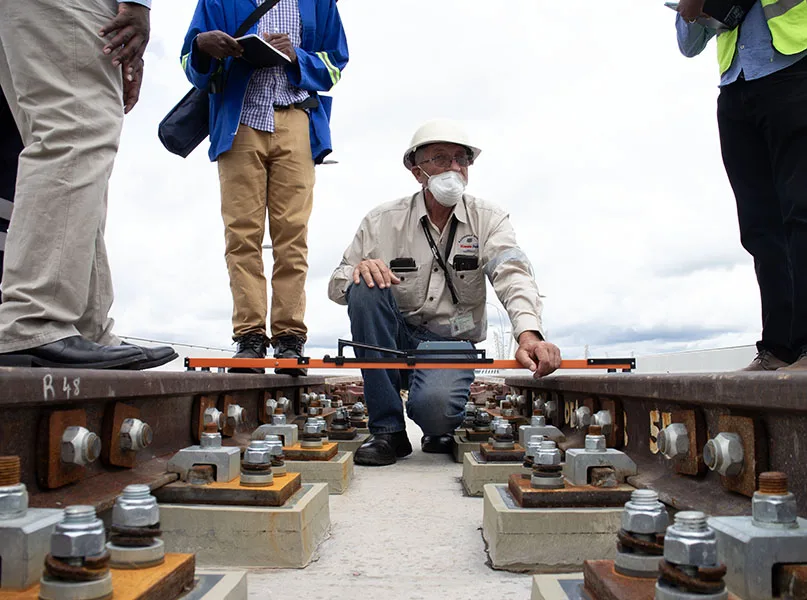
GREATER PROSPECTS
Lutchman’s key priorities are to grow GIBB’s sustainability and change certain parts of the business structure to free itself up for greater growth prospects continent-wide and globally.
This includes fostering more partnerships with various entities such as governments, smaller firms, partners, academia, and local technology providers, to name a few.
“Much of our procurement is going that way. We used to stay technology-agnostic, but now we’re thinking we need to partner with technology providers,” he explains.
The type of people that GIBB employs in the future will also require a rethink as the profession changes, with a lot of AI already being used in the engineering space.
“Data acquisition and analytics, asset management, and providing capacity in terms of institutional support to public sector entities are becoming a real need in the country.
“It’s about transforming the business and using different skill sets and more digital solutions and data analytics to support our clients and help them manage their assets better,” Lutchman concludes.
Editor’s note: Many of the business leaders featured by Africa Outlook continue sharing their insights on LinkedIn. For executives across Africa seeking to strengthen their online presence, visit LinkedIn profile optimization.



